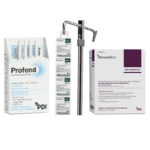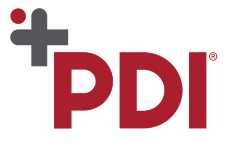Interventional Care


We notice that you are visiting us from . This site only services US-based visitors. Would you like to visit the site that is appropriate for your location?

There are some big changes coming to the long term care (LTC) landscape, courtesy of the Center for Medicare and Medicaid Services (CMS). Since 2002, LTC providers have been following the Nursing Home Quality Initiative, which reimburses these facilities based on certain quality metrics including staffing, pain control, vaccination, and pressure ulcer development. This information is posted on CMS’ nursing home compare website and allows consumers to see how their local care facilities perform. However, in September 2016, CMS finalized a rule that will require massive changes in current LTC facilities.[1]
The CMS final rule is a three phase implementation, and all changes must be implemented by November 2019. One of the biggest changes falls under the quality assurance and performance improvement (QAPI) arena, which is part of the Affordable Care Act (ACA), especially when it comes to infection prevention. [1]
While these regulation changes may seem minor on paper, they are a major cultural change from how LTC facilities currently operate. Many LTC facilities lack the staffing and financial resources to implement some of these mandates.
Facility administrators are known to wear multiple hats, but have not had any specialized training on infection prevention. Add in the need to create an antibiotic stewardship plan, a quality committee, and beefing up the infection control program, it is going to create a hardship for many facilities, who are already struggling to stay afloat. While these changes are necessary for efficiency and improved patient safety, unless the implementation timeline is changed or there’s financial help from the government to implement these changes, we may see facilities fail to meet the directives or even be forced to close their doors.
Many organizations, including Association for Professionals in Infection Control (APIC), the Agency for Healthcare Research and Quality (AHRQ), and various departments of health have many resources available online for LTC providers. These resources can include various toolkits for healthcare associated infection reduction, guides for establishing an infection control program, and specialized infection prevention training. Additionally, PDI’s clinical science liaisons can offer education pertaining to the unique challenges around environmental disinfection, hand hygiene, and skin antisepsis that LTC facilities face. We would love to partner with you to prepare you for these new regulations.